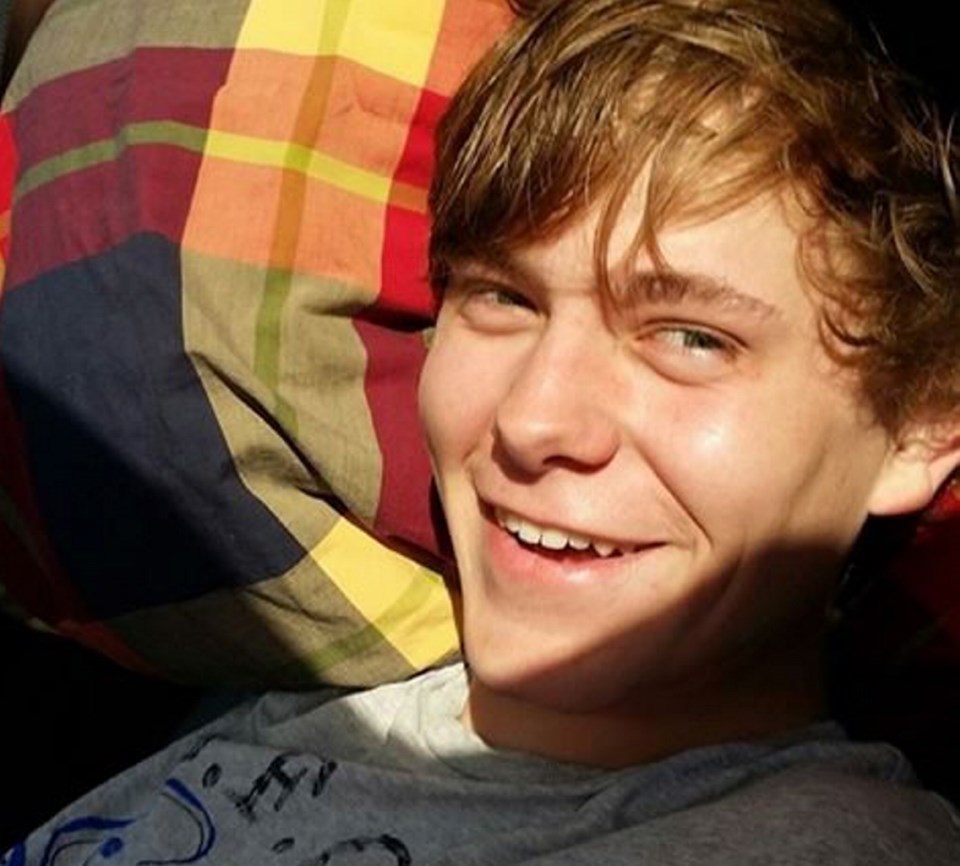A coroner’s inquest into the death of 20-year-old Rhett Mutch, shot by police in his mother’s Dallas Road home, produced a dozen recommendations. They were all useful, and likely to be ignored.
There was, after all, nothing surprising in the recommendations. Better training for police and 911 operators. Increased Health Ministry funding so Victoria’s Integrated Mobile Crisis Response Team, which combines police, mental-health and outreach workers, is available around the clock, not just from 1 to 11 p.m., seven days a week. Better support for youth aging out of care, and more integrated services.
The recommendations largely reflect the current reality of chronically underfunded support and health care for people — young and old — with mental illness and addictions. The provincial government, rather than address the problem, has downloaded it onto communities, and police officers have taken much of the burden.
A 2013 study, the inquest was told, found 20 per cent of Victoria police calls involved people with mental illness. Add addiction, and the number would be much higher. More than 50 per cent of the people in provincial jails have mental-health or addiction issues, or both. We have turned the justice system into a second-rate alternative to proper health care and support.
That’s hugely expensive for taxpayers. And it leaves police in a role for which they are not fully trained.
Mutch did not suddenly develop problems that led him to break into his mother’s house that day. By age 10 he was exhibiting serious symptoms — rages and destructive sprees. He spent time in a psychiatric facility and was in foster care. In the months before he died, his desperate mother laid criminal charges after he broke her computer, hoping that would lead to help.
Instead, he got a criminal record. His probation officer told the inquest she was handling 50 files, but tried to get counselling for Mutch. Forensic Psychiatric Services said no, the charges weren’t serious enough. His mother found a group counselling service, but he wouldn’t participate. He couldn’t afford the $30 an hour for individual counselling. So nothing changed.
There are concerns about the police actions that day, from errors in the dispatch centre to the rapid escalation on the scene. A full public report from the Victoria and Esquimalt police board is needed, including a response to the inquest recommendations.
But it is also important to recognize the number of times police officers in the region have defused similar potentially violent or deadly situations. And to recognize the unfairness in turning them into front-line workers dealing every day with people with serious health problems.
There is no mystery about what is needed to change the current grim reality — better access to mental-health care and addiction treatment, sustained supports linked to housing and early intervention.
What’s lacking is political will and adequate funding. And no number of inquests or deaths will change that.



